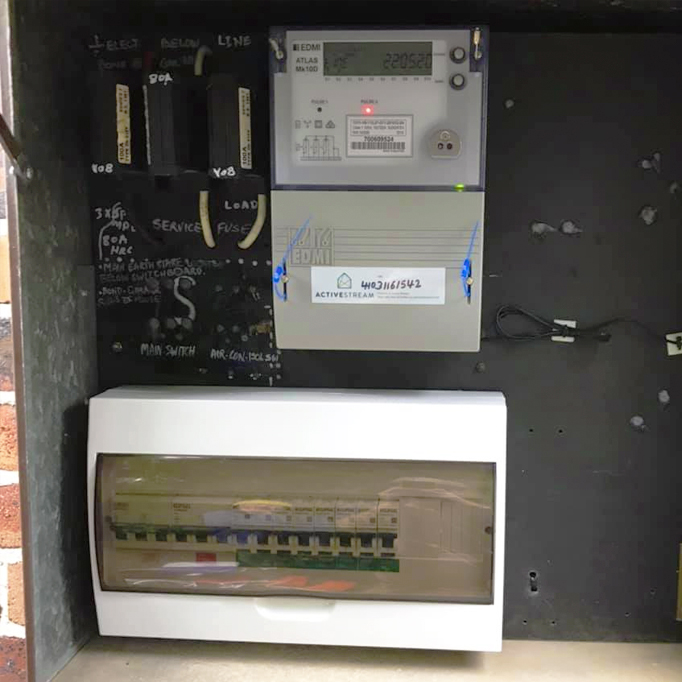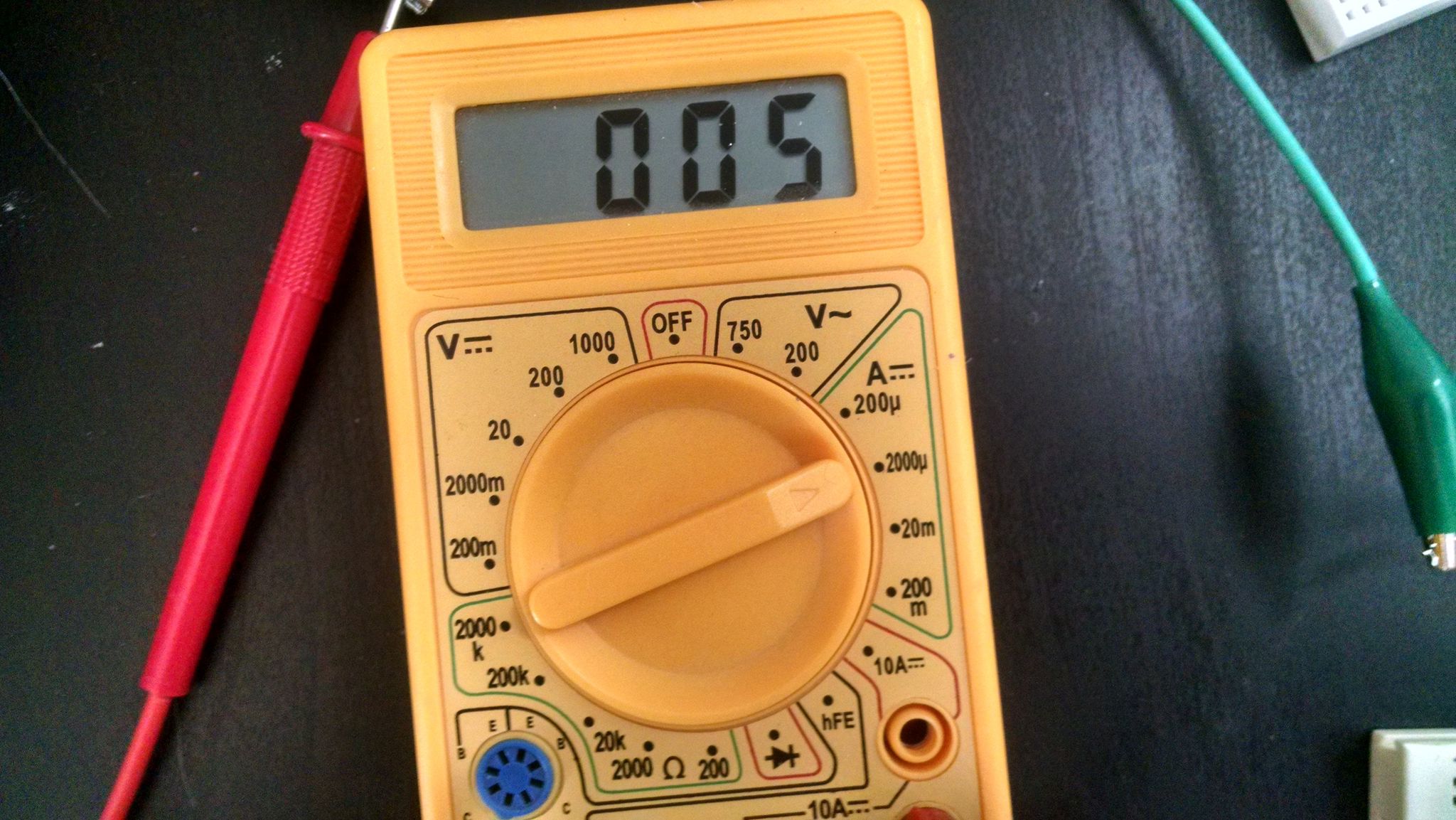There are differing opinions for many homeowners on when considering using a circuit breaker vs a fuse. For example, while many feel that circuit breakers are much better (with wider applications), others are in support of using fuses in their homes (simple and easy to use for the home owner). As simple as this subject may sound, it has confused many in the past, as many non-electricians don’t know the best option to choose.
Are you confused about using fuses or circuit breakers? There is no doubt you have come to the right place for the answer. This post will be aiming to explain everything about the subject. So, tune in for a quick read for more details on the features of these two electrical components.
What Is A Fuse Box?
Before providing the answer to this question, it is important to first explain what fuses are. A fuse is a wire that has a low melting point. Its most important component is a strip or metal wire. It can melt once current that is excessively high flows through it. A fuse can also be seen as a thin and small conductor which has been designed to break circuit once the current seems to be excessive.
Sometimes, your appliances may develop a fault that will lead to irregular flow of current. The fuse is existing to ensure this doesn’t happen. In other words, it will break the circuit. The primary reason for doing this is to ensure your appliance is protected from excessive current. Fuses are made with a wire that is small and tiny allowing the wire to melt easily once the current is very high.
Having known what are fuses, it is important to understand how they work. For instance, they usually have standard ratings. The most popular are 13A, 5A, and 3A. Most times, fuses are rated a little bit higher than what your device needs. If the device has been designed to work at 10A, the fuse rating should be 13A. Let’s now dive in to consider what is a fuse box.
Think of a fuse box as the central point or hub in your home’s electrical system. This is because it is the point where voltage (incoming) is separated into different circuits. It is usually referred to as breaker panel by most electricians. A fuse box works in a very simple way. It receives power from your power company and then distributes it to different circuits. This will then be supplied to the appliances in your home. This means it is the first point where power stops.
There is something you need to know about a fuse box – it can either use a fuse or circuit breaker. Fuse boxes can use disposable fuses in protecting the circuit from experiencing shorts and overloads. Whenever you want to disconnect a circuit from having power, the fuse will be removed. A breaker panel is more flexible in terms of functionalities as compared to fuse explained above. For instance, once overload or short is detected, the breaker is going to trip automatically. After the fault has been detected, you only need to have the burnt fuse replaced.
More On Fuse Box Circuit And Circuit Breaker Panel
If you check your breaker panel, there are breaker switches. These have got switches usually marked with “On/Off”. There are times when the breaker may trip. When this happens, it will be switched off automatically. When this occurs, you simply just need to flip it on again. Please note that there are times when it will trip over and over again, even though you are flipping it on repeatedly.
There is no point doing this as is can indicate that something deeper is wrong on the circuit. It is recommended to hire an experienced electrician who can detect the fault in your connections or appliances. This is due to the risk associated with such process. In a fuse box circuit, there are fuse columns and are situated side-by-side. This makes it difficult to identify a fuse that is faulty. A continuity test will be required in this process.
Circuit Breaker vs Fuse
Having explained the above in details, it is high time we discussed everything you need to know about circuit breaker vs fuse. This section will be briefly explaining their differences. Check them out below:
Their Function
Fuse are used more often in situations that require low current. Circuit breakers on the other hand, are best used in heavy electronic equipment which requires high current. When the current is too high, the fuse will melt. In the case of circuit breaker, it will trip off once there is high current.
Overload Indication is very important when talking about circuit breaker vs fuse. For example, fuse will not indicate that there is too much current before melting. However, a circuit breaker can provide indication.
Their Usage
Fuses are designed to be used only once. After they have melted, you will need to have them replaced. A circuit breaker is different given that it can be used repeatedly. Once it trips off, you can easily have it flipped on again.
Their Degree of Protection
A fuse has been designed to only provide protection in a situation when there is power overload. A circuit breaker on the other hand, tends to carry out more functions. This is because it can protect against short circuits and power overloads.
Fuses have a low breaking capacity while circuit breakers have high breaking capacity.
Mode of Operation
Fuse functions automatically. This is because it can melt when there is overload. A circuit breaker can either work manually or automatically.
Their Operation Time
Fuse has an operation time of around 0.002sec. The operating time for circuit breaker is usually between 0.02 and 0.05sec.
Final Verdict On Circuit Breaker vs Fuse
Having seen the above, it is very obvious that circuit breaker and fuse are different electrical components. It is recommended to choose the former since it has modern features. However, if your budget is tight, the latter (fuse) should be chosen. Whichever option you are using, it will definitely do a perfect job.




